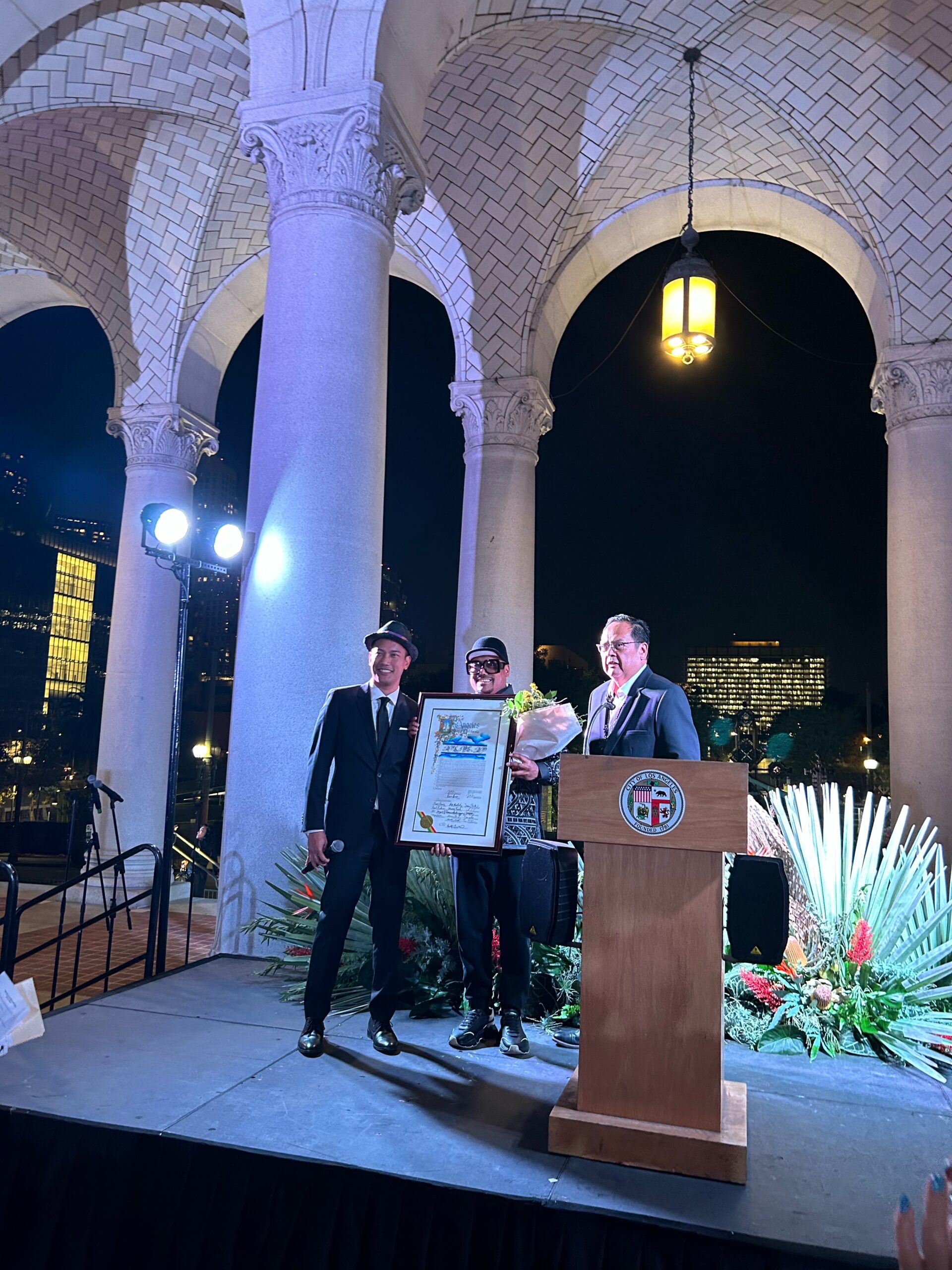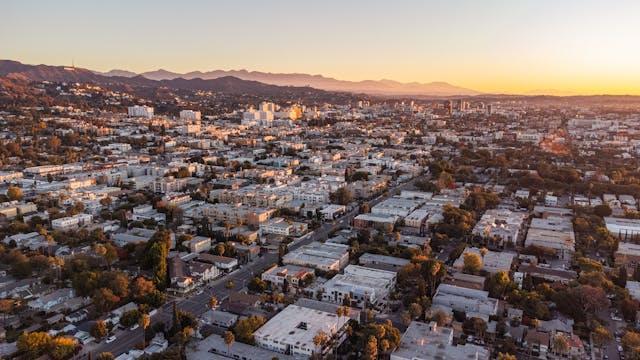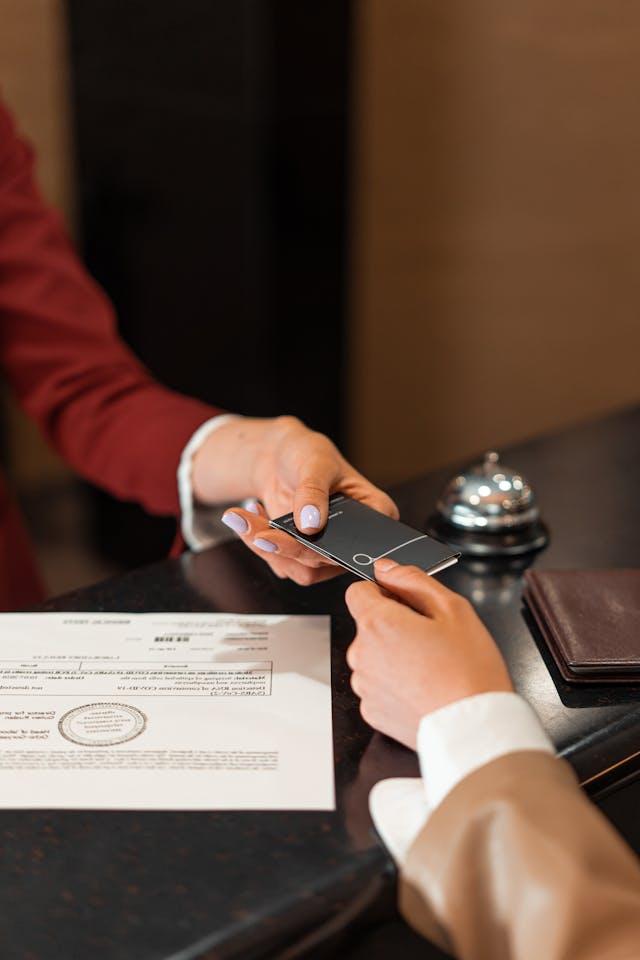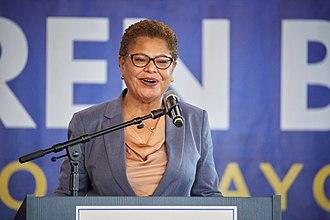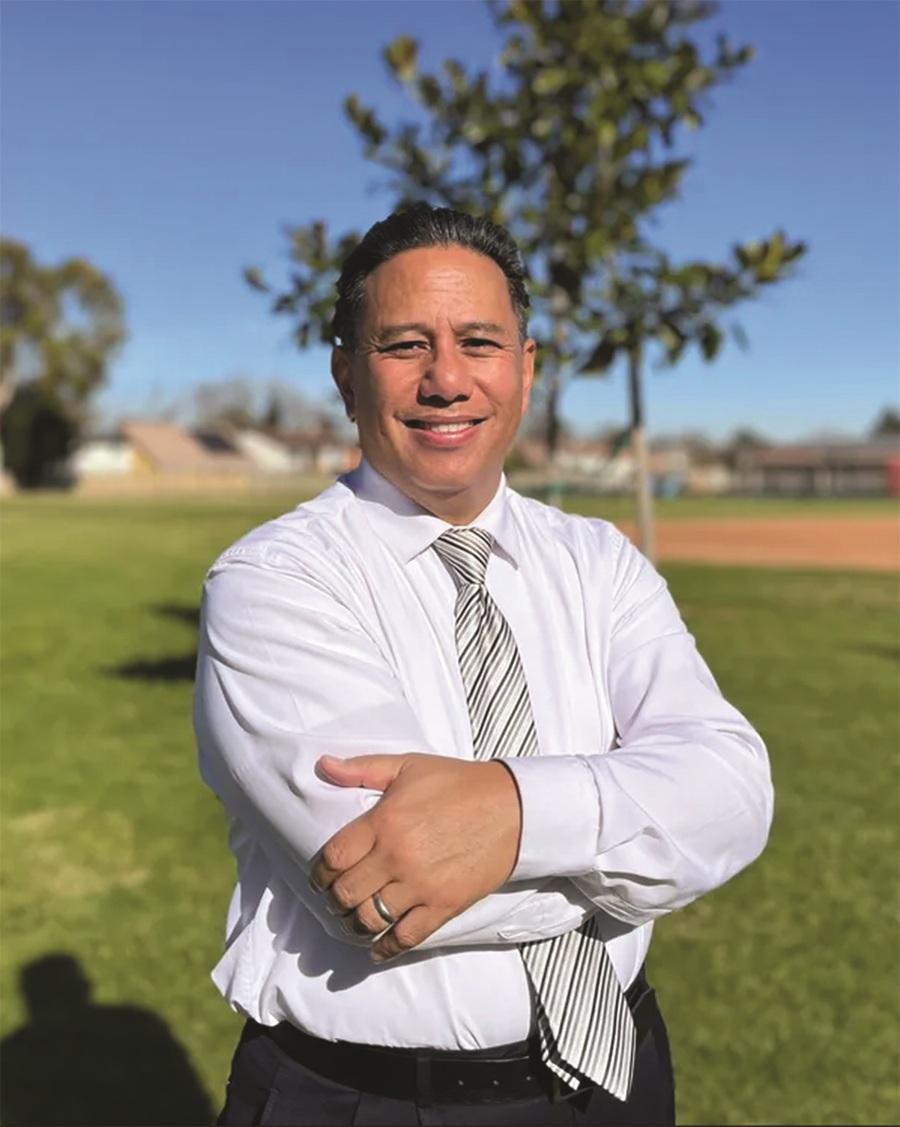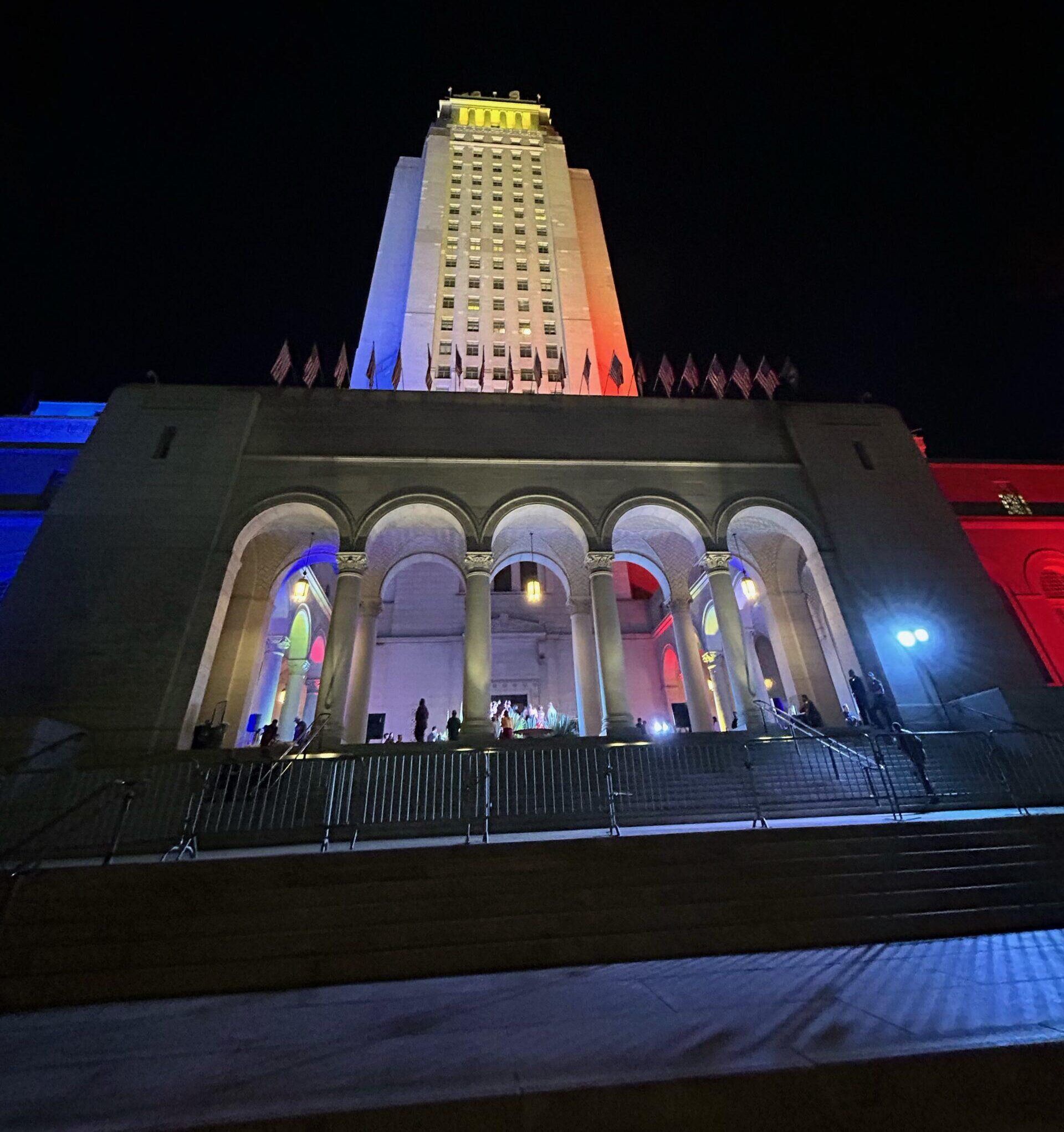
LOS ANGELES — The Filipino American community in the City of Los Angeles once again showed unity to commemorate this year’s Filipino American History Month (FAHM), Lighting Ceremony & Celebration at City Hall.
City of LA FAHM committee chairperson and LA Board of Public Works Commissioner Susana Reyes told the Asian Journal on the sidelines of the FAHM event last October 24 that what better way to signify cooperation than to celebrate and show the world what Filipinos can do if they continue to work together as one.
“This event is for ‘Bayanihan,’ which is a community spirit. And it’s a testament of how diverse the city of Los Angeles is,” Reyes said.
The LA official said the Bayanihan theme is also very timely amidst the current issues and setbacks confronting us now. The Bayanihan spirit shows Filipinos’ concept of helping one another most especially in times of need without expecting anything in return. Filipinos strongly believe in helping their “kababayans (fellow countrymen)” in any possible way they can do to extend a helping hand.
“So this year, we are going to really emphasize unity with all the chaos we are experiencing politically, sometimes economically. We’re gonna be solid, we’re gonna lock arms because we as Filipinos know, it is in our culture, it is in our blood, it’s in our DNA to persevere, to be together and to fight together,” Reyes said.
For his part, Miguel Sangalang, who serves as an executive director and general manager of the LA City Bureau of Street Lighting and also one of the FAHM committee, told the Asian Journal that this year’s FAHM celebration was different from previous years because they made it bigger and better.
Sangalang said it was not only the LA City Hall that was lighted up with Philippine flag colors but also in addition other places like the City of Inglewood.
Aside from the lighting of the City Hall building, among the highlights of the FAHM celebration was the awarding of outstanding Filipino-Americans who have exhibited an exemplary dedication to their respective field and their countless contributions to not only the Filipino community but also to the entire Filipino history and heritage.
Acting Head of Post Maria Alnee Gamble of the Philippine Consulate General Los Angeles, in her speech during the event, said Filipinos wherever they are never fail to show resilience and willingness to help each other.
“I feel a special joy to witness the hard work of Filipinos and Filipinos receiving recognitions for their contributions in the countries that have become their second home. In the United States, the recognition is not just about the arrival of the first Filipinos in this part of the world, the foundation for this recognition was built and strengthened layer by layer by generations of Filipino American dreamers whose sacrifices and hard work built a reputation for Filipino Americans as humble, reliable, caring, productive and law abiding and god-fearing members of the American society,” Gamble said.
Gamble said recognizing these Filipino-Americans’ greatness will surely bring inspiration to the younger generation of Filipinos.
“As we moved towards the second quarter of the 21st century, it is now time for the current generation of Filipino Americans to further the Filipino heritage,” she said.
“I encourage Filipinos to continue to share their stories and become more proactive in sharing their experiences and achievements and contributions not just within our community but to the wider American society, Filipino heritage,” she added. “Today and every month of October, I encourage all of you to proudly claim your Filipino heritage and make sure to transfer your pride and your heritage to the next Filipino generations. Thank the City of Los Angeles for being a welcoming home to an approximate 150,000 Fil-Ams.”
For the fourth year now, the City of LA FAHM Committee continues to recognize Filipino Americans who have brought great pride to the nation in various fields; and who have helped preserve and take pride in the Philippines’ arts and culture.
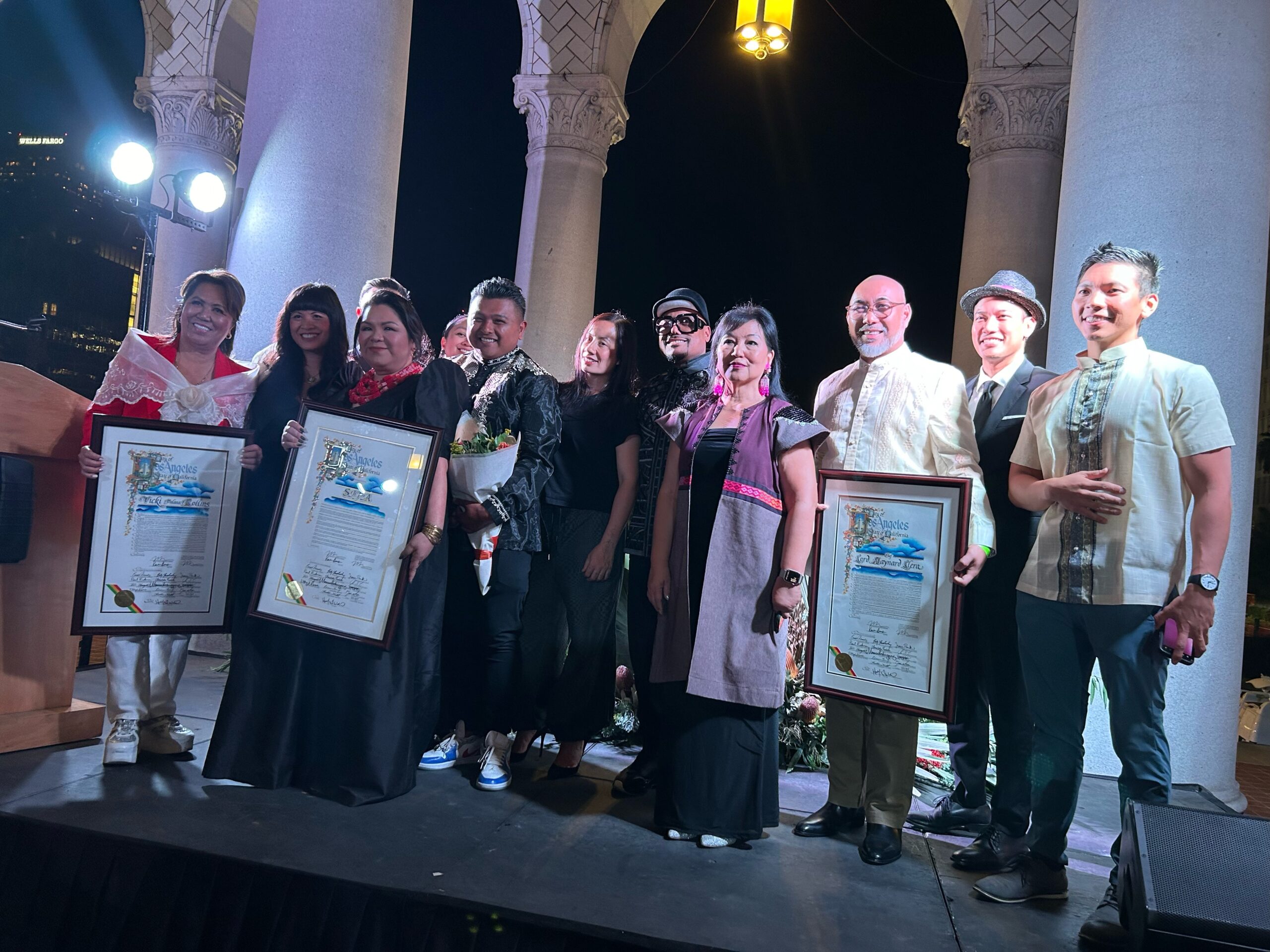
Awardees in this year’s FAHM celebration include Vicki Rollins, community leader and Filam co-owner of a U.S. Hospital; Apl.de.Ap, grammy award winner, rapper, singer, and record producer; Chef Lord Maynard Llera Best Chef California, James Beard Foundation; and Search to Involve Pilipino Americans (SIPA), a community organization in Historic Filipinotown.
Vicki Rollins, in accepting her award, thanked the organizers of the FAHM 2024 event and all the people who helped in making all her efforts pay off.
“Mabuhay po tayong lahat,” Rollins, said in her short acceptance message. Rollins and her husband William Nelson, owns and operates LA Downtown Medical Center (LADMC), first Filipino-run and one of the 50 most prestigious hospitals in the whole of United States and one of the best in California.
Rollins, who hails from Leyte, Philippines, has over 32 years of experience in healthcare operations, from skilled nursing facilities to assisted living facilities, ambulatory clinics, and acute care hospitals. She currently co-owns and operates 10 long-term facilities and two acute care medical centers in southern California.
When Rollins and her business partner bought LADMC in 2019, she became the first female Filipino American to own a hospital in the United States. She led LADMC to earn a CMS 5-Star rating two years in a row, just after taking over the hospital from bankruptcy from its prior ownership group.
Apl.de.Ap, who rapped his speech with his famous song “Bebot”, brought the event’s audience on their feet.
The award winning singer-rapper said he couldn’t thank the organizer enough for recognizing his contribution to the Filipino-American history.
Allan Pineda Lindo, born in Angeles City in Pampanga Philippines, known professionally as Apl.de.Ap is a founding member of the hip hop group Black Eyed Peas. Due to his frequent collaboration with BEP, he won six out of sixteen Grammy Awards.
His African American father, an airman stationed at Clark Air Base, left the family shortly after his birth. As a child, Pineda would make an hour-long jeepney trip to and from his school and helped his family subsist by farming sweet potatoes, corn, sugar cane and rice. The Pearl S. Buck Foundation, an organization that finds healthier living environments for young, abandoned, or orphaned American children, matched him with a sponsor named Joe Ben Hudgens, a lawyer, through a dollar-a-day program. He initially came to the US at age 11 for treatment for nystagmus, an involuntary movement of the eyes. After a trip to Disneyland, Pineda expressed his interest in residing in the US. It would take another three years for Hudgens to officially adopt him, but at age 14, he relocated and resided with them.
Meanwhile, Llera, in his speech, said “It is a humbling moment not just for me but for every filipino who has ever dreamed of sharing our cuisine with the world. to my family, to my Kuya Lod Team and to the Filipino community, this achievement is ours. Thank you for your support and let’s continue to show the world the beauty of our food and our food services. Maraming salamat po.”
